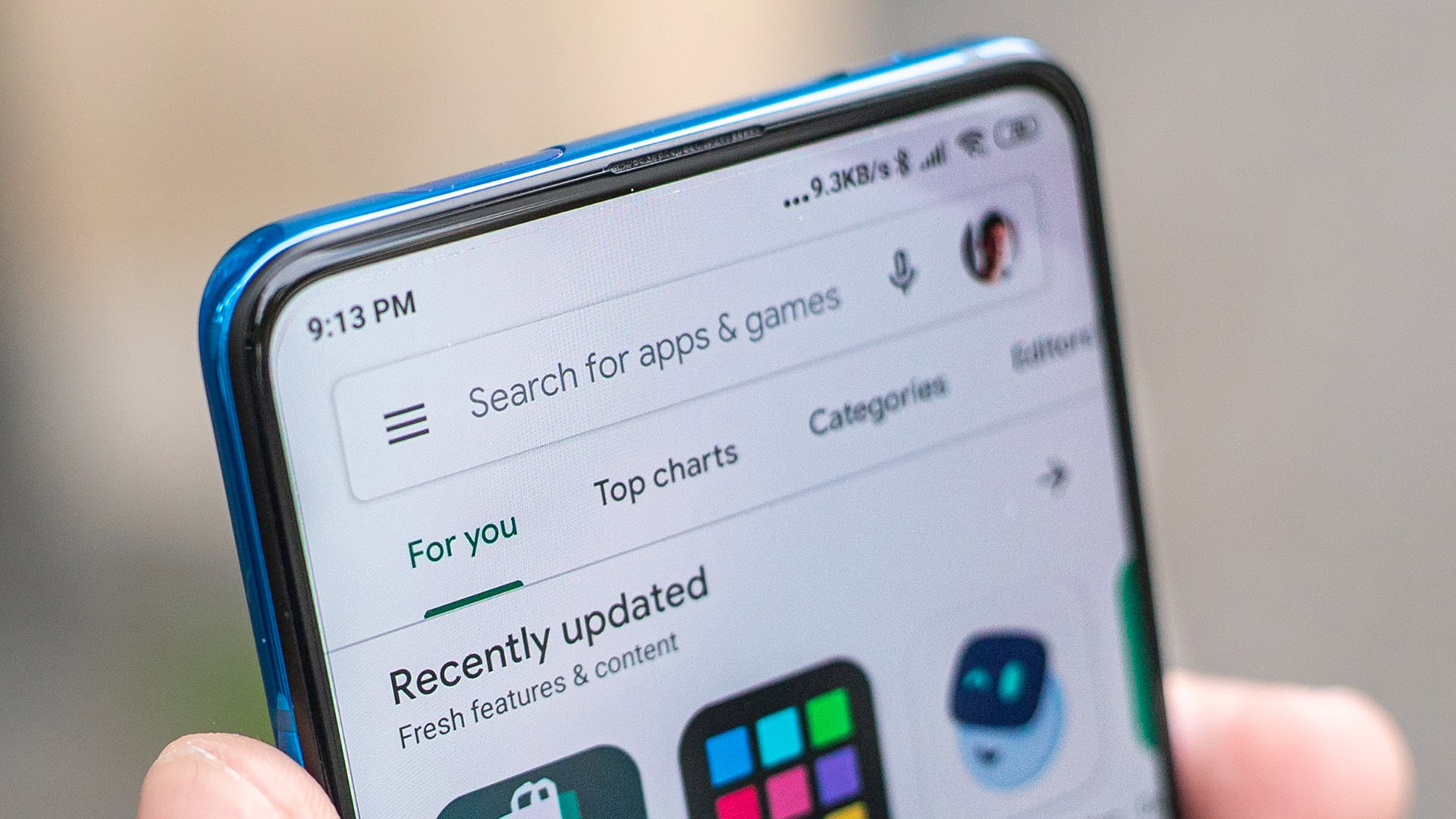Affiliate links on Android Authority may earn us a commission. Learn more.
Senate bill would make Apple and Google loosen their grip on app stores
- A Senate bill, the Open App Markets app, would force Apple and Google to loosen app store policies.
- They’d have to allow sideloading, third-party payment systems, and changing app defaults.
- It would also prevent Apple and Google from abusing their positions to favor their own apps.
Congress might come to your rescue if you’re frustrated with restrictive mobile app stores. A bipartisan group of Senators has introduced a bill, the Open App Markets Act, that would force Apple, Google, and others to remove key restrictions on portals like the App Store and Play Store.
The bill would require that app store operators allow sideloading and otherwise installing apps outside of official marketplaces. They’d also have to allow third-party app payment systems, let you set third-party apps as defaults, and hide or remove apps installed either by the market owners or partners like carriers.
The measure would also prevent Apple and Google from claiming unfair advantages. They couldn’t prioritize their own app libraries in store search results, reserve the best features for their apps, or misuse developers’ sensitive info to give themselves an edge.
Read more: The best third-party app stores for Android
There would be exceptions if a given practice was necessary to maintain privacy, security, or safety. The bill would also allow app store actions that prevent fraud or spam, and anything necessary to honor federal or state laws.
Senators Richard BLUmenthal, Marsha Blackburn, and Amy Klobuchar argued that the app store bill would dismantle “coercive anticompetitive walls” while helping users and improving the chances of smaller app developers.
We’ve asked Apple and Google for comment. Historically, however, both have balked at loosening their grip on their respective markets. Apple, for instance, and has long argued that its tight control on iOS (including a lack of sideloading) has been key to strong security. Google isn’t immune, however. When Google pulled Fortnite from the Play Store, it claimed its ban on third-party in-app purchasing systems kept users “safe” while providing a level playing field for developers. The bill would force both companies to radically revise their policies, not to mention limit their revenue from app store fees.
Critics of app store policies unsurprisingly view the bill as key to achieving their aims. The Coalition for App Fairness, which includes Fortnite creator Epic Games as well as Spotify, Deezer and ProtonMail, claimed the proposed law would provide more options and “ignite innovation” in the app space.
It might just be a matter of time before you have more control over the apps on your phone.
The bill could face some hurdles beyond any future Senate vote. There isn’t yet an equivalent bill in the House of Representatives, and the two sides of Congress will need to reconcile their legislation before the Open App Markets Act reaches President Biden’s desk. While there’s a real chance Congress will come to an agreement, there are no guarantees the bill will survive as-is. There’s also the question of lobbying. Proponents of app store reforms have worried that lobbyists potentially killed similar bills in Arizona and North Dakota, and it wouldn’t be shocking if tech giant lobbyists tried to scuttle a federal-level proposal.
The Act might stand a better shot than those state-level bills, though. The bipartisan backing hints at strong overall support, and the Biden administration has been in favor of regulating Big Tech companies like Apple and Google. If the bill reaches a vote, it might just be a matter of time before you have more control over the apps on your phone.
